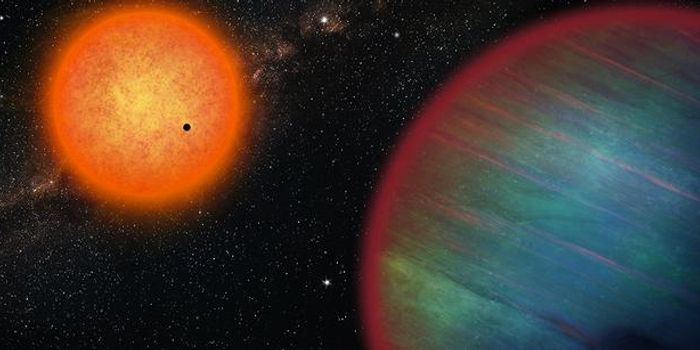China Wants to Launch Space Rockets From Airplanes and Ships
China’s space program is evolving quickly. The country recently announced its plans to send 13 different payloads to Mars in the year 2020 to study our red planetary neighbor, but how will it move forward with so many expensive space rocket launches both before and after this endeavor?
Image Credit: SpaceX via Pixabay
Rather than launching rockets in the traditional sense by setting them upright on a ground-based launch pad and igniting their fuel sources, China’s Aerospace Science and Technology Corporation (CASTC) plans to launch them from airplanes and freighter ships instead.
It sounds a little crazy, and perhaps it is just a little bit, but China thinks they can make space launches more economical and easier to perform by using these methods.
Related: Two men with jetpacks fly beside a massive A380 airplane
A high-flying airplane could get a rocket up to a sufficient altitude before igniting its engines. Once there, the plane drops the rocket from its fuselage and officials command the rocket to burn. Because it's already in the sky and maintains the inertia of the airplane it gets dropped from, this would require less fuel than launching from a standstill at the ground.
As for the ship-based method, the plan would be to ferry the rockets closer to the equator. Earth's surface travels more quickly there as the planet rotates on its axis than it does when you get closer to the north and south poles. In turn, this gives some additional push to the rocket's momentum and would help it to get up to speed more quickly while simultaneously conserving fuel.
The techniques could be useful for making it cheaper to send small objects into space, but it also increases the weight ceiling of China's Long March rocket series. Since all of its fuel isn't being used to get the rocket off the ground, this means there's more leftover to get the heavy object into space once the rocket is already in the air.
Related: SpaceX lands a Falcon 9 rocket on a drone ship in the middle of the ocean
China eventually plans to put its own space station into orbit around the Earth, much like the International Space Station that astronauts use today. On the other hand, taking those big pieces into space isn't easy, and that's where all this fuel savings will quickly become an asset to China.
Making space travel easier is a great way to help China increase its footprint in space and catch up with the United States and Russia as outer space superpowers. It can also contribute to pushing humanity and its understanding of space sciences even further.
Source: Popular Science









